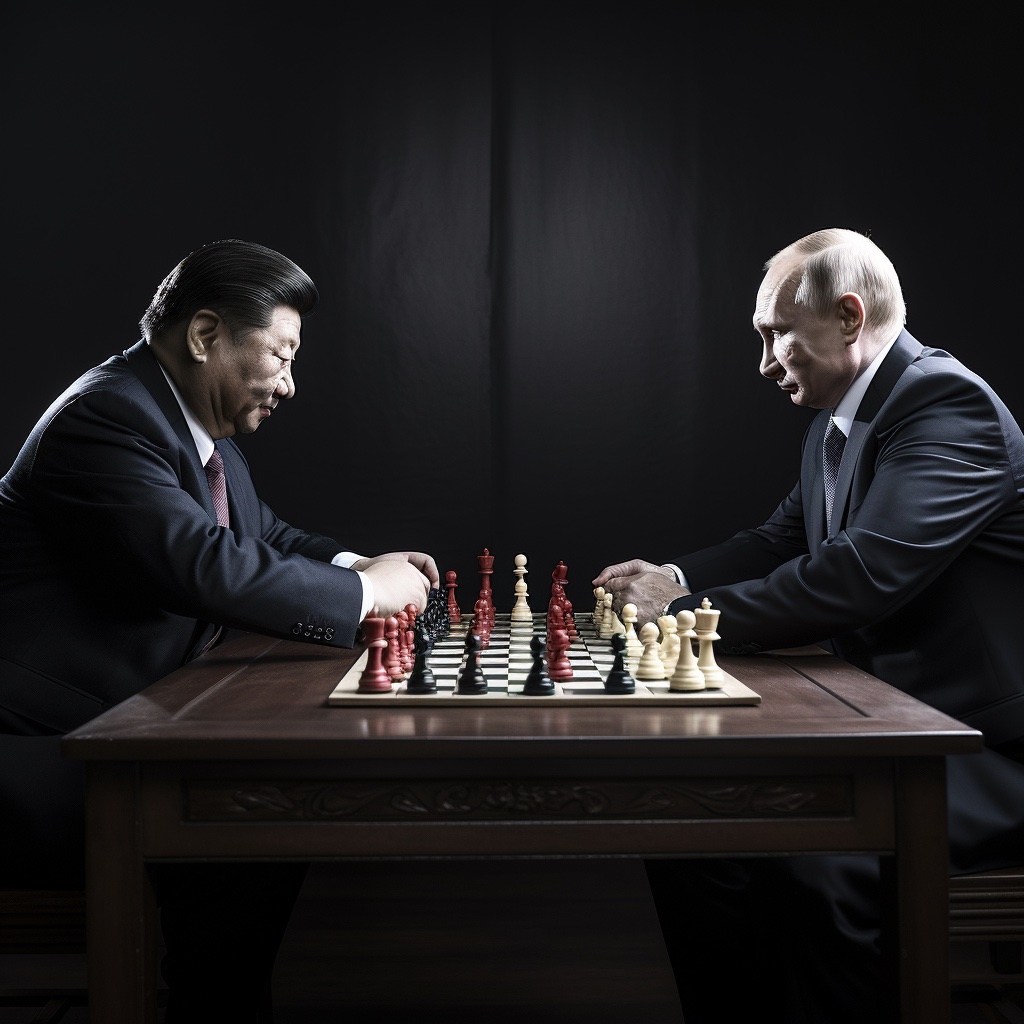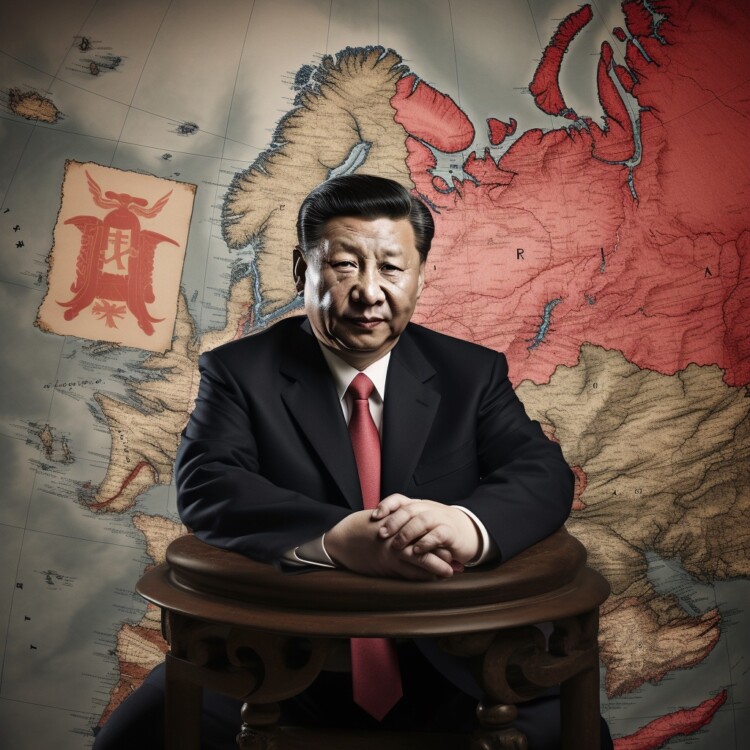The world of international geopolitics is a bit like a classic game of Risk, only the stakes are infinitely higher. Today, we look to the bear at the table, Russia, as it grapples with its own game pieces. It’s a tale as old as ‘The Hunt for Red October,’ minus the submarine warfare.
Picture this, a shadowy paramilitary force, the Wagner Group, revolting, creating a rift in Russian internal politics, and Putin’s seemingly solid stronghold begins to waver.
Now, what does this mean for the dragon quietly observing from the sidelines – China?
In this global chess match, any instability in Russia’s political regime can potentially be an opportunity for China. As Admiral McRaven would probably tell you, “In Special Ops, we look for opportunities in the most unexpected situations.” It’s no different on the geopolitical stage.
For starters, a weaker Putin could imply a dilution of Russia’s global influence, creating room for China to spread its wings even wider, especially in regions where both nations have vested interests, like Central Asia.

Additionally, China, which views itself as a rising superpower, might seize this chance to assert more dominance and control in the evolving multi-polar world order. An unstable Russia could be an invitation for China to expedite its ambitions in leading global governance, shaping international norms and standards to its liking.
On the flip side, there’s always the chance that an internally challenged Russia may prove more erratic and unpredictable, increasing the potential for geopolitical risks.
What Moves Does China Make if Putin is Out of Power?
A set of interwoven economic, political, and strategic considerations would largely guide China’s next steps in a post-Putin scenario.
1. Economic Factors: The first step would likely be an economic maneuver. Russia, rich in natural resources like oil and gas, is a key commodity supplier for China. If Putin is ousted, there may be an initial period of instability, and China would aim to ensure a steady flow of these resources. This could involve securing long-term contracts or even direct investments in Russia’s energy sector.
2. Political Factors: China would seek to build strong ties with the new leadership. The mutual rapport between Xi Jinping and Putin has shaped the recent Sino-Russian relations. In a post-Putin scenario, China would aim to foster a similar relationship with his successor, reinforcing its strategic partnership and coordinating their stances on international issues.
Already have an account? Sign In
Two ways to continue to read this article.
Subscribe
$1.99
every 4 weeks
- Unlimited access to all articles
- Support independent journalism
- Ad-free reading experience
Subscribe Now
Recurring Monthly. Cancel Anytime.
3. Strategic Factors: China would likely advocate for a peaceful transition of power in Russia, aiming to prevent any vacuum that could be exploited by Western nations. China would oppose any pro-Western shift in Russian foreign policy, potentially ramping up its diplomatic efforts in this direction.
4. Expanding Influence: A Russia without Putin may be a more pliable partner for China. The Dragon could increase its investments in Russian infrastructure projects, especially those related to the Belt and Road Initiative. This could help extend Chinese influence across Russia’s vast expanse, creating stronger economic interdependencies.
5. Defense and Security: As partners, China and Russia have collaborated on various defense and security matters, including military technology sharing. China would be keen on maintaining, if not expanding, this collaboration, capitalizing on any potential shifts in Russia’s defense policy post-Putin.
However, it’s essential to remember that geopolitics is a fluid and often unpredictable field. These are potential measures, but the actual scenario could unfold differently. As we say in the SEAL teams, “The only easy day was yesterday.” In geopolitics, it seems the only predictable day was yesterday as well.
Hope you enjoyed this, and looking forward to your comments below.











COMMENTS